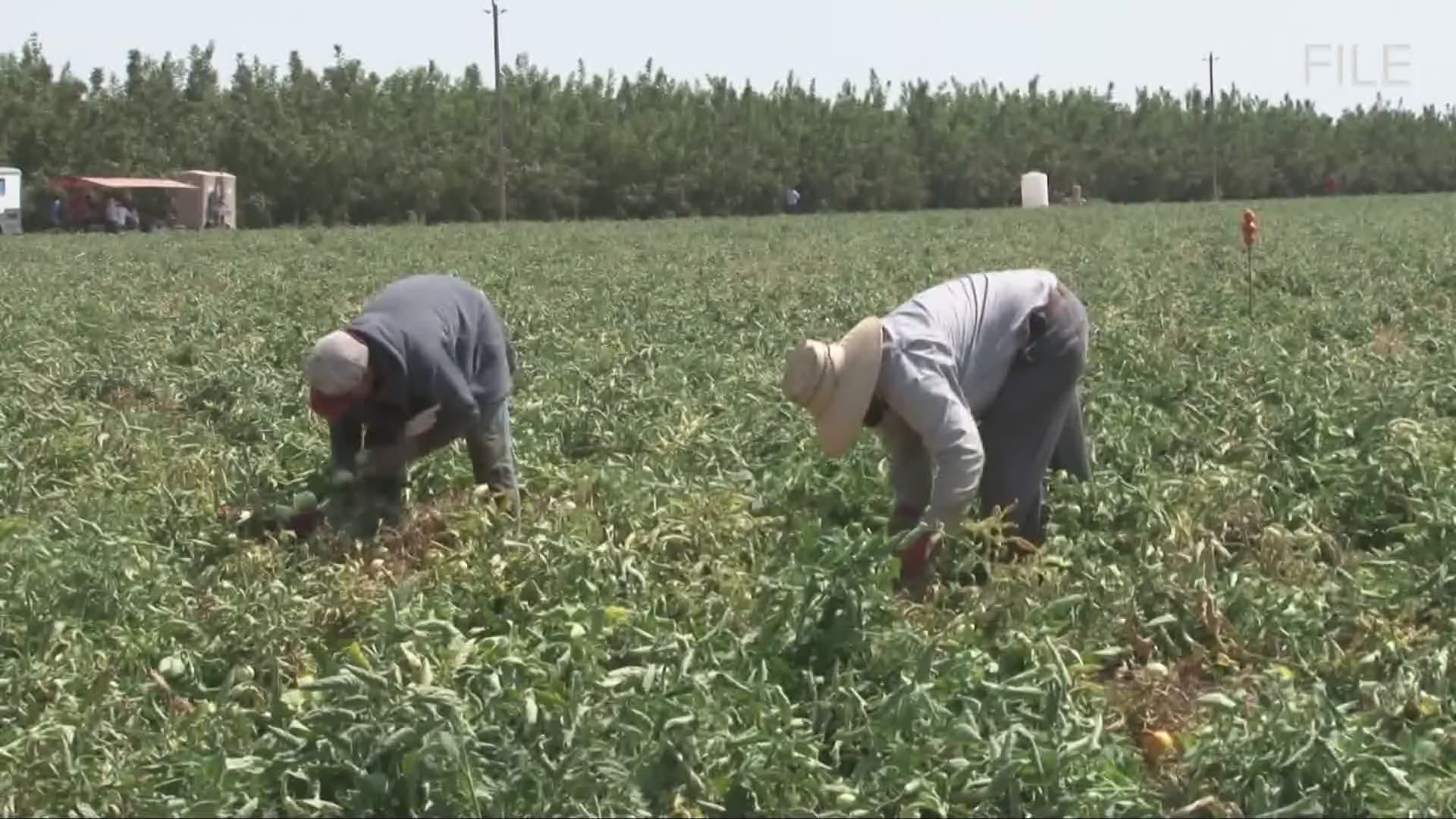SACRAMENTO COUNTY, Calif. — Nearly every morning for the past month, members of Sacramento's Latino community lined up at the crack of dawn around the Mexican Consolute for a free coronavirus test, no questions asked.
"It's been very effective because people have a sense of trust in the Consulate," said Liliana Ferrer, the Consul General of Mexico in Sacramento. "So they come close and they are readily willing to ask for services that they need urgently."
The consulate recently partnered with the mobile Elica Health Centers clinic to provide more than 1,500 tests at no cost.
It's been crucial for the community, which, for myriad reasons, most of which are institutional, has been disproportionately impacted by the coronavirus in Sacramento County.
"They have continued working, they have not been able to stay at home," Ferrer said. "They are vulnerable communities, because many of them don't have medical insurance, many of them are afraid because of language barriers or other reasons to come forth when they need help."
Many of them are also workers in the agriculture industry, working long hours in the fields, to make sure this region still gets the food they depend on during a pandemic.
Rachel Rios, Executive Director of La Familia Counseling Center, said the disproportionate coronavirus rates in the Latino community aren't because they're out having fun with their families.
"The Latino community is our essential workers," Rios explained. "They're not just gathering and spreading COVID-19 because they're having back barbecue parties, they're getting COVID-19 because they're out there working in the community, they're the front line workers in the field, in the stores, they're your service industry,"
As many of these workers don't always get paid time off or fear spending a day away, the consulate is urging employers to do more than just follow the rules.
"Places like transportation, where they're all huddled up when they go to work, that they also provide the safe and social distancing that is required to avoid contagion," Ferrer said.
Rios says in addition to doing testing once a week, her team is also working on a number of initiatives to help better educate this particular community, in their own language.
"If we had had community workers out there letting people know early on about the importance about preventing the spread, we might not be in this spike situation," Rios said.
Follow the conversation on Facebook with Lena Howland.
FOR THE LATEST CORONAVIRUS NEWS,
DOWNLOAD OUR APP:
►Stay in the know! Sign up now for the Daily Blend Newsletter



